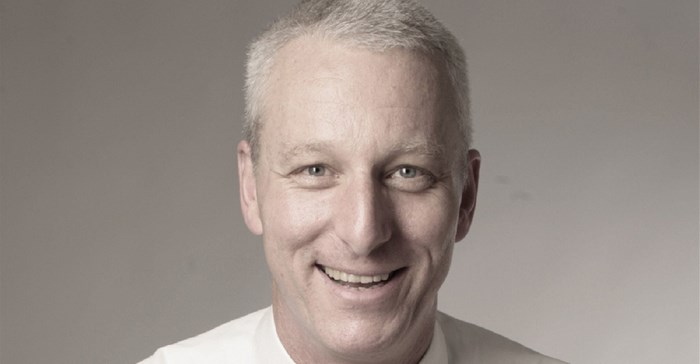Cancer - like many other health issues - does not simply stop because a swiftly spreading coronavirus appeared in late 2019. Fear of the Covid-19 virus and our over-burdened healthcare systems have led to the delayed diagnosis and treatment of cancer with inevitable, unnecessary loss of life.

Dr Justus Apffelstaedt
While the virus is still too new to draw conclusive evidence on its interactions with other illnesses, including breast cancer, much can be deducted from the readily available knowledge about the coronavirus infection pathways and the general influence cancer diagnostics or therapy have on infectious diseases.
Recent guidelines by prominent international organisations emphasise that most of the diagnostics and care for breast cancer patients should be transferred to non-hospital environments – such as specialist breast health clinics to assist in reducing the negative impact on cancer diagnoses and treatments that is being globally observed.
In making the diagnosis of breast cancer, a biopsy is necessary, which can, in almost all cases, be guided by mammography or ultrasound in a practice setting, i.e., outside of a hospital environment.
Diagnostic services
Most international quality guidelines emphasise that in 90+ percent of cases a diagnosis of breast cancer must be established before the patient is operated on. Diagnostic services need to be available so that a prompt and accurate diagnosis (benign vs malignant) can be provided.
Once the diagnosis is made, treatment consists of surgery, radiotherapy and systemic treatments: biologicals, hormonal and chemotherapy.
Surgery
Concerning surgery, treatment is largely uninfluenced by the pandemic. Outside of an active lung infection, during which a general anaesthetic would be hazardous no matter what the cause, surgery should proceed as planned as per normal indications. There is a reluctance to be hospitalised for surgery due to a fear of infection but this can be managed by opting for day procedures, where with adequate anaesthetic techniques, the patient could be sent home the same day of the procedure.
Hospitals have been successfully following European hospital protocols in separating and isolating suspected Covid-19 patients from other hospital patients which minimises the risk of infection via surgery.
In some cases, it is possible to safely postpone surgery to a later date by providing hormonal treatment which can halt or reverse tumour growth for six months to a year.
A concern that remains is the availability of healthcare resources such as theatre staff in hospitals during peaks of the successive waves of the virus. Hospitals have had to prioritise the care of Covid-19 patients over patients suffering from virtually all other health care issues and, in many cases, have had to reallocate staff from theatres to assist with Covid-19 patients in wards. This is also a side effect of staff shortages due to staff falling ill with Covid-19 or isolating due to exposure.
Radiography
Radiotherapy is part of many treatment regimens and is thought to be minimally affected by the virus. Radiation therapy for breast cancer does not majorly compromise immunity. Although small parts of the lungs are irradiated, which is undesirable in a pandemic which attacks the lungs, careful planning of radiation fields can minimise lung irradiation so that the effect on lung function is negligible. Such higher planning skills are usually available in any breast-specialised radiation service.
Hormonal therapy
Medical oncological therapy for breast cancer comes in the form of hormonal therapy, chemotherapy and biologicals. Hormonal therapy is thought not to alter immunity and therefore, only common coronavirus precautions need apply. In contrast, some chemotherapeutic agents commonly used in treating breast cancer will decrease immunity to the virus and likely expose the patient to a heightened risk of infection and, if infected, may lead to more severe forms of Covid-19 lung disease.
As with hormonal therapy, there is neither theoretical reason nor data to suggest that targeted treatments for breast cancer, notably treatments targeting the HER2 receptor, will affect the patients detrimentally in the case of a Covid-19 infection and should therefore proceed unchanged, but considering the usual coronavirus safety precautions.
No data on risks
Due to the novelty of the virus and its disease manifestations, there is currently no data that allows for the concrete estimation of risks and any such estimations are mostly based on extrapolations of longstanding clinical experience. Breast cancer patients are advised to discuss the necessity of the treatment, treatment options and its benefits within the current coronavirus circumstances with their multidisciplinary treatment team. And ultimately, not to delay with screenings or diagnoses out of fear of contracting Covid-19.
Remember that breast cancer is a highly curable disease if diagnosed early enough, so the long-term ramifications of delaying screening and diagnoses could result in one having to deal with a larger and more aggressive form of breast cancer down the line. Cancer diagnosis (of all forms) and treatment can, and should, continue throughout this pandemic.

































